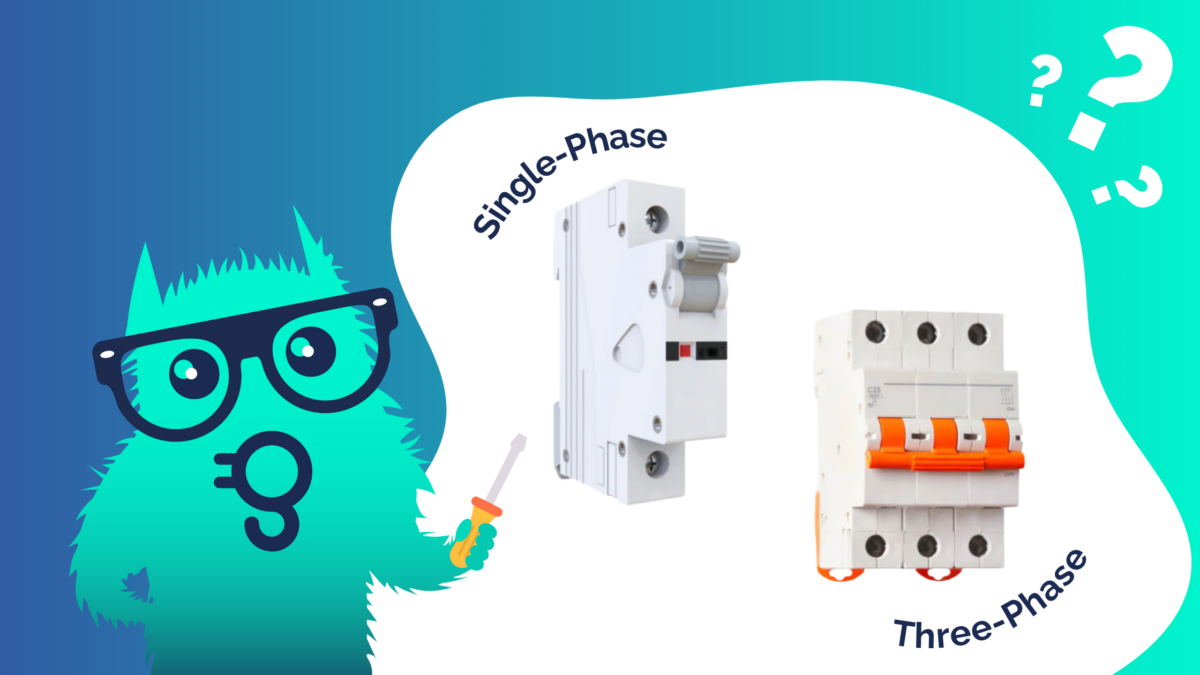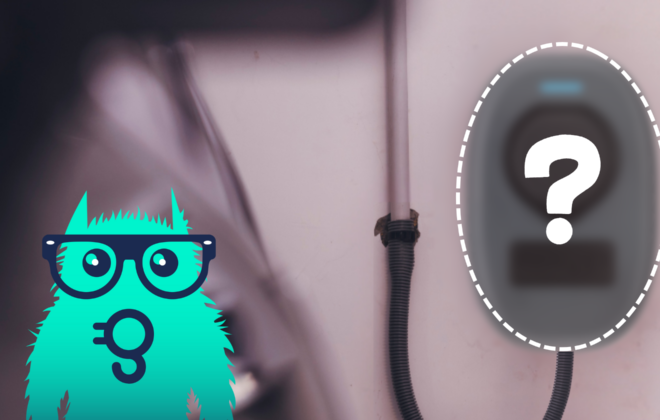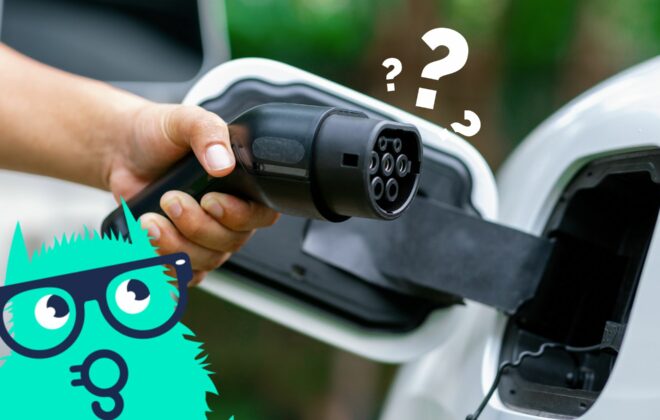Single-Phase vs. Three-Phase Power: What’s the Difference?
Ever wondered about the different types of electricity flowing into your home or business? At ChargeGuru, we often get questions about single-phase and three-phase power supplies, and understanding the basics can help you make informed decisions about your energy needs, especially if you’re considering EV charging solutions.
Simply put, the main difference between single-phase and three-phase electricity lies in the amount of power they can deliver.
Single-Phase Power: Your Everyday Essential
Think of single-phase power as the standard for most homes. It’s a smaller, simpler supply that’s perfectly adequate for typical domestic use, like powering your lights, appliances, and even your gas central heating system. Most residential properties come equipped with a single-phase connection as standard.
Three-Phase Power: For Bigger Energy Demands
Three-phase power is designed for situations that require a significantly higher and more consistent power supply. This is often the case for larger commercial properties, industrial sites, or even homes with substantial electricity demands, such as those running multiple electric vehicle chargers simultaneously or specialised high-power equipment. A good indicator that you might need a three-phase supply is if your property requires two or more electricity meters.
How Can You Tell What You Have?
The easiest way to identify your electricity supply type is by taking a look at your electrical fuse (sometimes called the “service head” or “cut-out”) or your energy meter. A single-phase supply typically has one fuse, whereas a three-phase supply will usually have three fuses, often rated at 100 amps each. On your energy meter, look for terms like “Static Single Phase Two-Wire Energy Meter” to confirm a single-phase supply. For a three-phase supply, you’d typically see a description such as “Three-Phase Four-Wire Energy Meter.”
If you’re still having trouble, you can contact a qualified electrician or call your electricity supplier—most utility companies are happy to provide this information over the phone or via email. They can assess your specific equipment and energy demands, giving you peace of mind that you’ll have the most suitable and efficient power supply for all your electrical needs.
Knowing your property’s power supply type is crucial for planning any new electrical installations, especially for high-demand devices like EV chargers, heat pumps, or large solar systems. We hope you found this guide insightful, and best of luck in your electrification journey!





